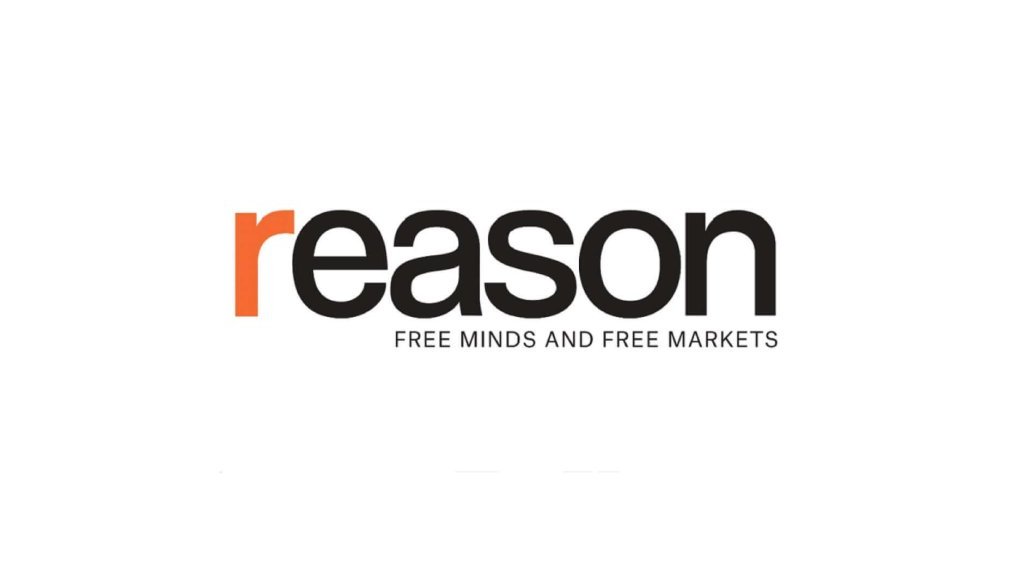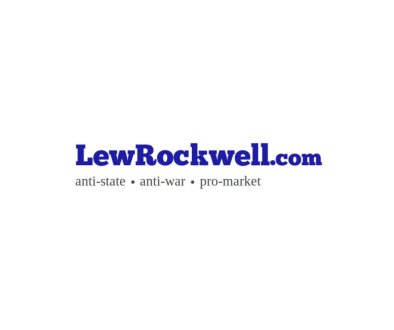The War on Trans
That’s transshipping: President Donald Trump announced Thursday evening that he would set new tariff rates on roughly 67 countries, which they could negotiate over the course of one week. The rates are supposed to go into effect on August 7.
New tariff rates for Laos, Myanmar, and Syria were set at 40–41 percent. Iraq will be hit with a 35 percent tariff. Switzerland will face a 39 percent tariff. The baseline tariff rate on all countries remains set at 10 percent—unless we have a trade deficit with them, in which case it is ratcheted up to 15. Anything that Customs and Border Protection (CBP) can credibly claim has been “transshipped”—which, to them, appears to mean passing partially manufactured goods on to another country before they are shipped off for good, in order to avoid higher tariff rates from the original sending country—will be tariffed at 40 percent. “Transshipped has a current, actual legal meaning: it means the Country of Origin is improperly labeled,” writes Charles Benoit, an international trade attorney, on X. “If a good is labeled as Product of Vietnam, but is deemed transshipped because there was insufficient transformation in Vietnam, then the product is no longer considered a Product of Vietnam, but some other country (China).”
“We have a large range of ‘Rules of Origin’ already, and have for many decades,” continues Benoit. “Some are very weak and easy to meet! E.g., our Rule of Origin for GSP [Generalized System of Preferences] Beneficiary countries. It’s just 35% content, and you can count all sorts of non-material spending towards that 35%. Others are much tougher, like the USMCA [United States–Mexico–Canada Agreement] Automotive Rule of Origin. Lots of room for creativity here.”
There’s going to be a lot of money and time spent on compliance, in other words, and possibly disputes between CBP and manufacturers regarding the provenance of goods.
Since transshipping is illegal today, what is going to change? Trade becomes more uncertain, other than compliance costs — those are going up for sure. pic.twitter.com/aGZqmgrjfH
— Steven Okun (@Steven_Okun) August 1, 2025
A second executive order raises tariffs on Canada for goods not covered under the USMCA trade agreement, from 25 percent to 35 percent, claiming Canada has failed to curb fentanyl in-flows.
As Reason‘s Eric Boehm points out, the legal authority that Trump is claiming remains bogus:
Remember: The legal authority for these tariffs rests on the claim that Trump is responding to an “unusual and extraordinary threat.”
But apparently that emergency doesn’t require an actual response until October? It makes zero sense, you guys. https://t.co/A4hvrSitcY
— Eric Boehm (@EricBoehm87) August 1, 2025
The White House continues to offer multiple, often contradictory justifications for why it has started a global trade war. “Some trading partners have agreed to, or are on the verge of agreeing to, meaningful trade and security commitments with the United States, thus signaling their sincere intentions to permanently remedy the trade barriers,” says the first executive order. “Other trading partners, despite having engaged in negotiations, have offered terms that, in my judgment, do not sufficiently address imbalances in our trading relationship or have failed to align sufficiently with the United States on economic and national-security matters.”
Remember, some MAGA types will claim that tariffs are necessary to jumpstart revitalized America
Article from Reason.com

The Reason Magazine website is a go-to destination for libertarians seeking cogent analysis, investigative reporting, and thought-provoking commentary. Championing the principles of individual freedom, limited government, and free markets, the site offers a diverse range of articles, videos, and podcasts that challenge conventional wisdom and advocate for libertarian solutions. Whether you’re interested in politics, culture, or technology, Reason provides a unique lens that prioritizes liberty and rational discourse. It’s an essential resource for those who value critical thinking and nuanced debate in the pursuit of a freer society.




